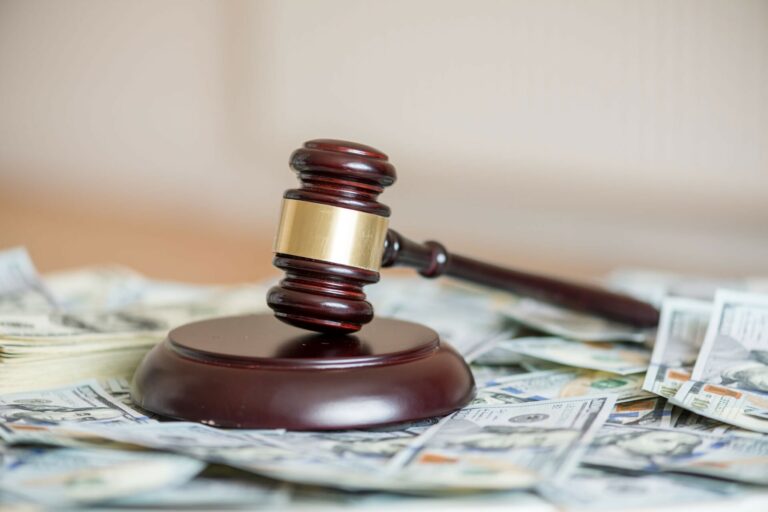Statistically, it is likely that you will be in at least one car accident. When this happens, the legal determination of liability is probably the last thing on your mind. However, there are certain steps that you can take in the days and weeks following a crash that will protect your legal rights and facilitate the advocacy that a personal injury attorney will eventually do on your behalf.
First, we recommend calling the police after every accident, even minor ones. The reporting officer will prepare a police statement which, although generally inadmissible as hearsay in a court of law, is an important investigative resource.
Second, it is important to notify your insurance carrier of the accident, even if you are concerned you were partially at fault. In many policies, this is a prerequisite to seeking important benefits under your policy. However, you do not have to make speculations regarding fault during this initial call. We advise limiting your conversation to the facts outlined in the police report and consulting with an attorney. In particularly, we caution against making any recorded statements to an insurance adjuster without your attorney present.
Finally, it is important to seek treatment for all medical symptoms you may experience after a car accident. Although it is common in our culture to shrug off minor discomforts, an attorney will need to understand the full scope of your medical condition. The cost of your medical treatment, the impact to your earning capacity, and your pain and suffering may all go toward the calculation of your damages, which is the amount of compensation you will request in a car accident lawsuit. Seeking early treatment may also prevent more serious medical complications down the road.
Source: FindLaw, Car Accidents FAQ, copyright 2019, Thomson Reuters





